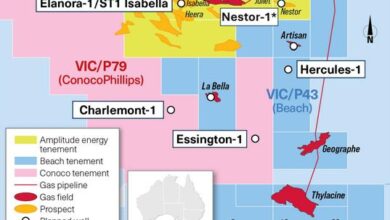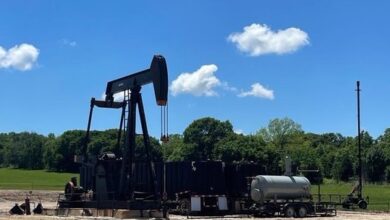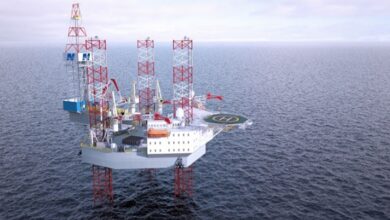Short-term approach to personnel development is a growing concern, DNV GL survey finds
A report published by DNV GL reveals that skills shortages are seen as a barrier to growth and an increasing concern throughout the US. More than half of respondents believe organizations are taking a short-term approach to skills and career development. “A New Reality: The Outlook for the Oil and Gas Industry in 2016” is based on a global survey of 921 senior professionals in the sector. It shows that an increased portion of US respondents see cost management as the top priority in 2016 – 38% compared with 25% in 2015.
In terms of cost-cutting strategies, 42% identify tougher decisions on CAPEX approvals as amongst the highest priority. This is 9 percentage points higher than the global average. At the same time, 30% of respondents confirm that their approach to cutting costs is to reduce exposure to and involvement in higher-risk projects (25% globally).
Key findings in the research report include:
- 52% of respondents, versus the global average of 43%, believe that their organization is taking a short-term approach to skills and career development;
- 38% still believe their company is taking a long-term approach to innovation and R&D;
- Skills shortages and the aging workforce are increasingly seen as barriers to growth in the US (21% in 2016 compared with 13% in 2015) and now exceed the global average of 14%;
- 28% of respondents expect to see additional job losses, especially within the publicly traded sector. This is up 5 percentage points from 23% in 2015;
- Cost management is established as a top corporate priority, rising from 25% (2015) to 38% (2016); and
- The proportion of respondents who believe that operators will increasingly push to standardize their operations is 60%, which is in line with the global average.
“The majority believe that oil prices will remain lower-for-longer, which ultimately leads to continued pressure on cost management,” Peter Bjerager, Executive Vice President, Director of Division Americas in DNV GL Oil & Gas, said. “Within this region, and throughout DNV GL, we continue to focus on new ways to drive research and innovation. We partner with every segment of the value chain and look for new ways to improve through standardization. It’s encouraging to see that leaders in oil and gas companies are also seeking new ways to standardize operations as a preferred way of driving efficiency.”
This year’s report shows that six out of 10 (61%) respondents agree that operators will increasingly push to standardize their approach globally – an increase of 9 percentage points since 2014.
“While the industry is understandably preoccupied with generating shorter-term value, we must also keep an eye on where longer-term value and permanent efficiency gains can be achieved,” Elisabeth Tørstad, CEO of DNV GL – Oil & Gas, said. “Innovation is not just about finding the breakthrough technologies, although that is important, too. It is also about making things simpler and more efficient and ultimately helping the industry to safely cut costs. At DNV GL, we are continuing to invest 5% of our revenue in R&D as we see this as a key enabler for long-term competitiveness.”
Other findings include:
- Not unexpectedly, uneconomic oil prices (63%) and the weak global economy (34%) are seen by US respondents as the two biggest barriers to growth in 2016. A growing regulatory burden is also cited by 21% of US respondents;
- One-third of respondents in the US (33%) listed subsea technologies as the top new or emerging technology impact areas for 2016; and
- The percentage of US respondents who believe there will be increased consolidation in the sector is higher than the global average (81% vs 72%).




